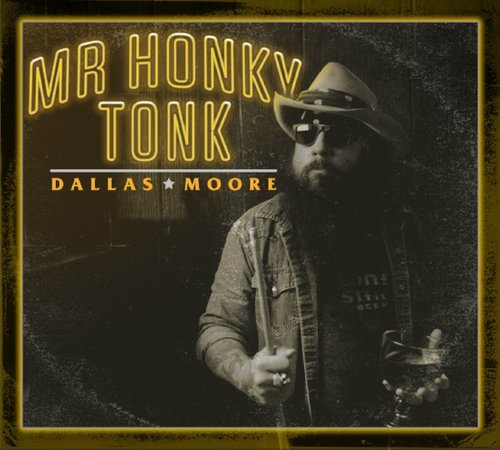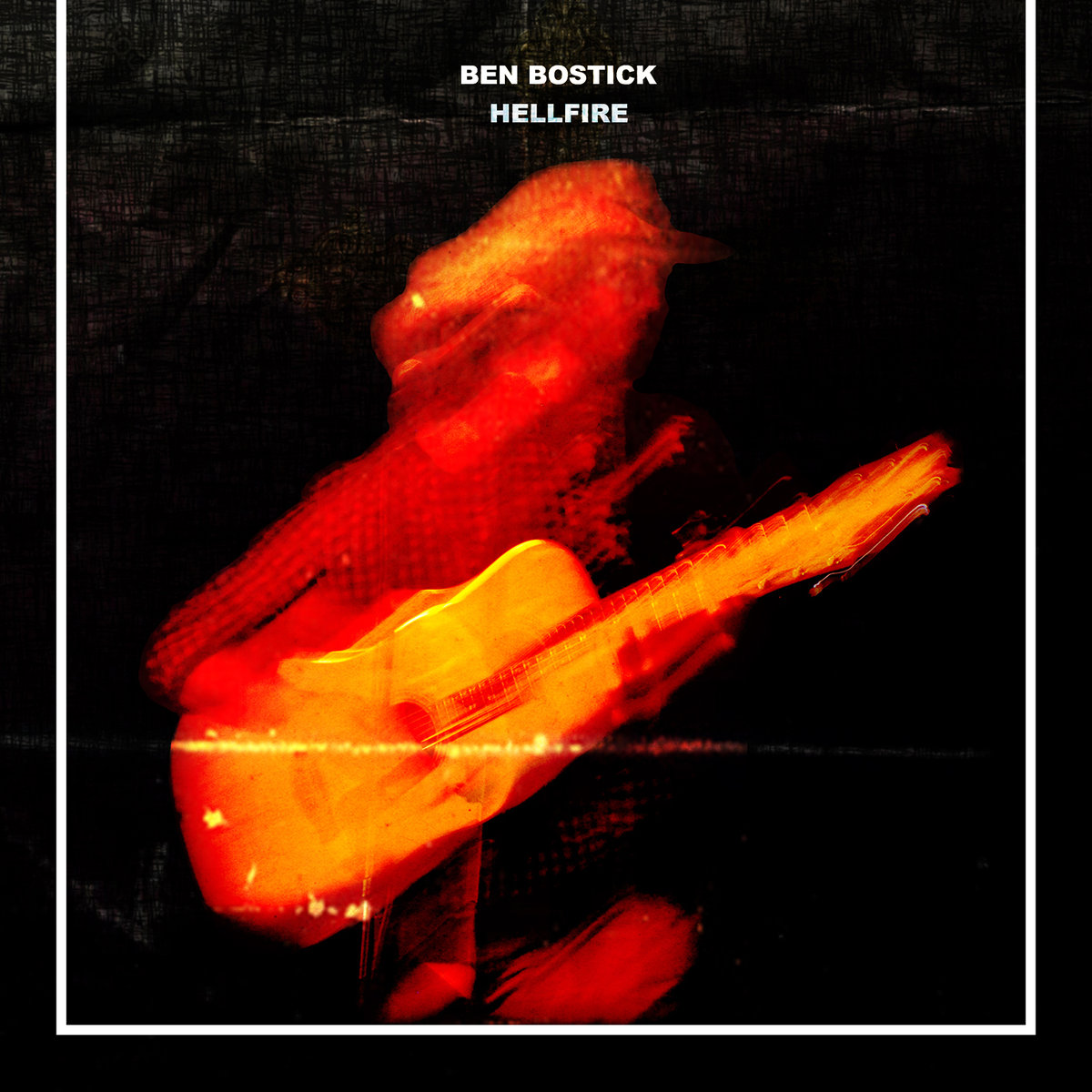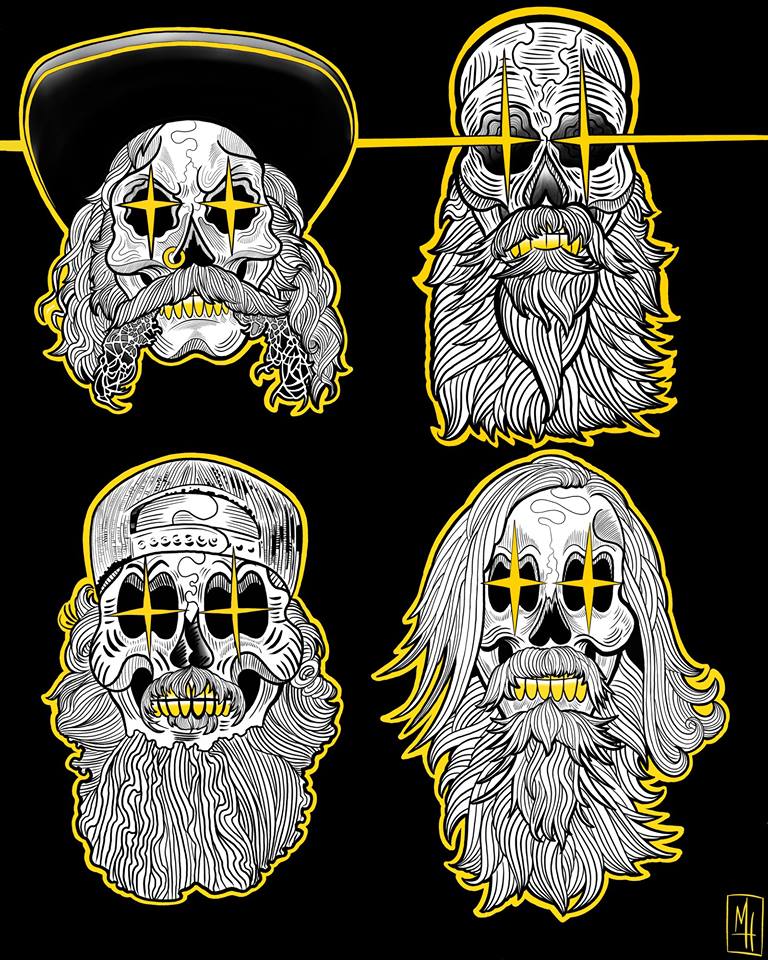Changing Colours
Dine Alone Records
2018
It's been a long, strange trip for Canadian band The Sheepdogs. After a succession of self-released records in the late noughties, in 2011 they became the first unsigned band ever to make the cover of Rolling Stone, consequently scooping a deal with Atlantic Records, releasing the Five Easy Pieces EP and a self-titled album, both produced by Black Keys drummer Patrick Carney. They hit the road far and wide, getting to support one of their all-time heroes, John Fogerty, in the process (the tour later described by drummer, Sam Corbett, as "probably the cushiest ever for us"). Following the departure of guitarist Leot Hanson, friend-of-the-band Rusty Matyas stepped into the breach, eventually joining as a full-time member in 2014.
The Sheepdogs' fifth studio album, Future Nostalgia, came out in October 2015 on the independent label Dine Alone Records and Warner Music Canada, and shortly after they changed line up once again, this time picking up award-winning blues guitarist Jimmy Bowskill from Ontario, really moved things up a notch. By this point, the Sheepdogs were already a road-hardened act who knew how to write a mean tune and rock a sweaty room, over time their tastes having broadened to include more country, folk and blues, even elements of jazz into their classic rock mix. The addition of Bowskill was akin to adding a turbocharger to their engine power. Things feel like they have been leading to this point.
The first three tracks of Changing Colours sock you right on the jaw with a robust, punchy production courtesy of Thomas D'Arcy. Opening salvo Nobody is a CCR-style feelgood radio hit with added Allman Bros. licks and some exquisite slide guitar, setting the tone for the next 50 minutes of music. Hot on its heels is Hole Where My Heart Should Be, and it boogies like Skynyrd tangoing with the Hoodoo Rhythm Devils. On record it rocks hard enough, but after witnessing it live I can honestly say it was one of the highlights of this year’s Black Deer festival. In a blink of an eye we're into Saturday Night, driven along by relentless piano and slashing guitar chords that recalls Joe Walsh in his prime. Its super catchy chorus, sang by Ewan Currie, is laid back yet to the point, with minimum gravel and plenty of melody, very much like Steve Miller's vocal delivery style.
After the opening trio of big-hitters, it's almost a relief when the band ease their foot off the gas for the sweet country-pop singalong Let It Roll, and the Steely Dan/Santana smooth groove-athon The Big Nowhere, layers of Hammond organ and brass supplied by the younger Currie brother, Shamus. The self-effacing I Ain't Cool and the mean and moody glam chug of You Gotta Be A Man then leads us back into the more Latin-tinged rhythms of Cool Down, with lashings of Doorsy rhodes piano liberally sprinkled over Ryan Gullen's delicate bass lines.
The Sheepdogs ace in the hole, though, is their precision-tooled twin guitar harmonies. Duane and Dickey set the template for this style of guitar playing, but Ewan and Jimmy have picked up the ball and they’ve ran with it. It's a sound very few bands attempt these days. Maybe that’s because it takes a hell of a lot of practice to develop such a telepathic sounding synchronicity, flitting from hard and tight riffs to jazzier motifs in a flourish, such as on Kiss the Brass Ring. Cherries Jubilee is short and sweet and supplies a celebration of country funk as juicy as the name suggests. The weirdest left field turn on the album is I'm Just Waiting for My Time, in some ways the most affected, yet affecting, song on the whole album. Changing Colours is a record steeped in the sounds of America, but this one track stands alone with a vibe that comes from the other side of the pond; psychedelic British blues channelled with the Celtic spirit of Rory Gallagher.
The album finishes with a six-song medley, kicking off with the plucked banjo intro of Born a Restless Man, before leading to an explosion of big southern harmonies. The Bailie Turnaround has classy country guitar licks straight out of the Clarence White playbook, while Up in Canada could be the alternative Canuck national anthem, especially since the country has just decided to legalise the use of pot. In fact, I can see Jimmy Bowskill standing on the roof of the Canadian parliament in his bright yellow hemp leaf cowboy suit playing this now, (sure beats Brian May on the roof of Buckingham Palace, anyway, someone should start a petition). HMS Buffalo rolls into Esprit Des Corps, bringing more Allman style twin guitar lines, surfing a waterfall of ivory tickling. Finally, the journey ends with the Latinate yacht rock of Run Baby Run, which could have slotted in seamlessly on Stephen Stills’ Manassas album. Yes, The Sheepdogs wear their influences on their sleeves boldly, but they also bring plenty to the party themselves, playing their music with such aplomb that few, if any, contemporary bands can beat them in the good time rock'n'roll stakes. This big-hearted record can't help but bring a smile to your face.
Michael Hosie













